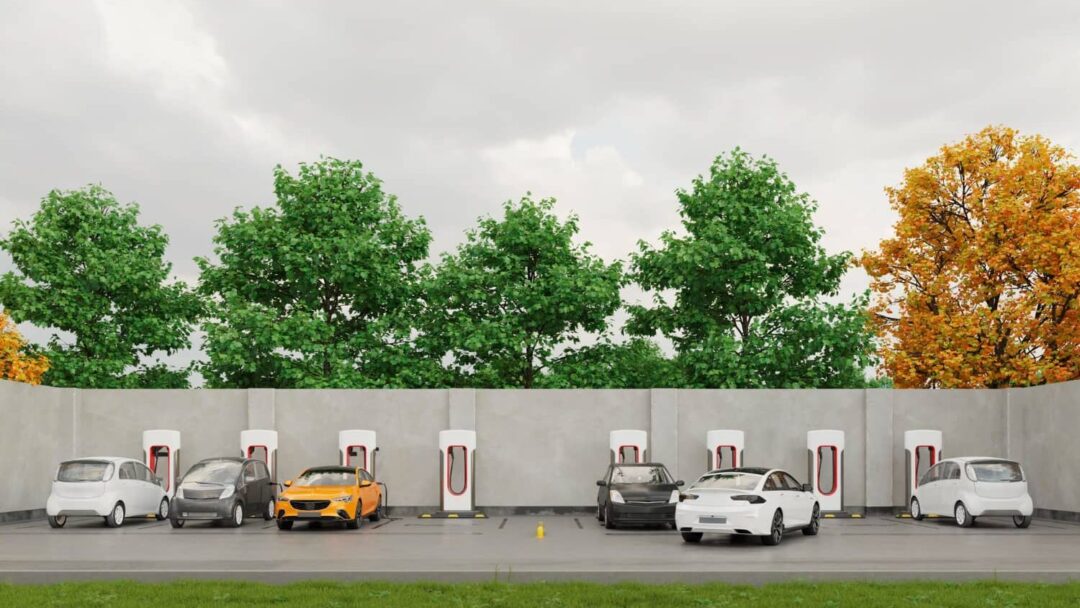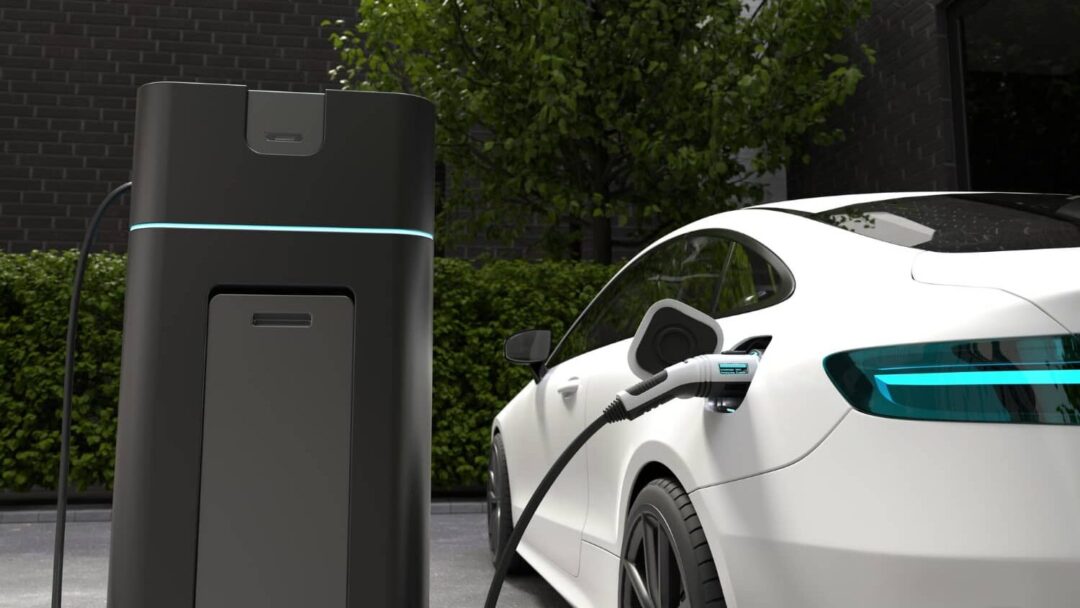The global electric vehicle market is experiencing significant growth, driven by increasing environmental awareness, technological advancements, and supportive government policies. However, this impressive growth also brings with it complex challenges, new opportunities, and important trends that will shape the future of the electric vehicle market.
This article will explore these factors and highlight why Subang Smartpolitan is an ideal destination for investment in this emerging sector.
Current Trends in the Electric Vehicle Market
Rise in EV Adoption
Despite initial uncertainty in 2020 due to the COVID-19 pandemic, the global electric vehicle market has experienced significant year-on-year growth. In 2020, global EV sales jumped by 43% compared to 2019, capturing a record market share of 4.6%.
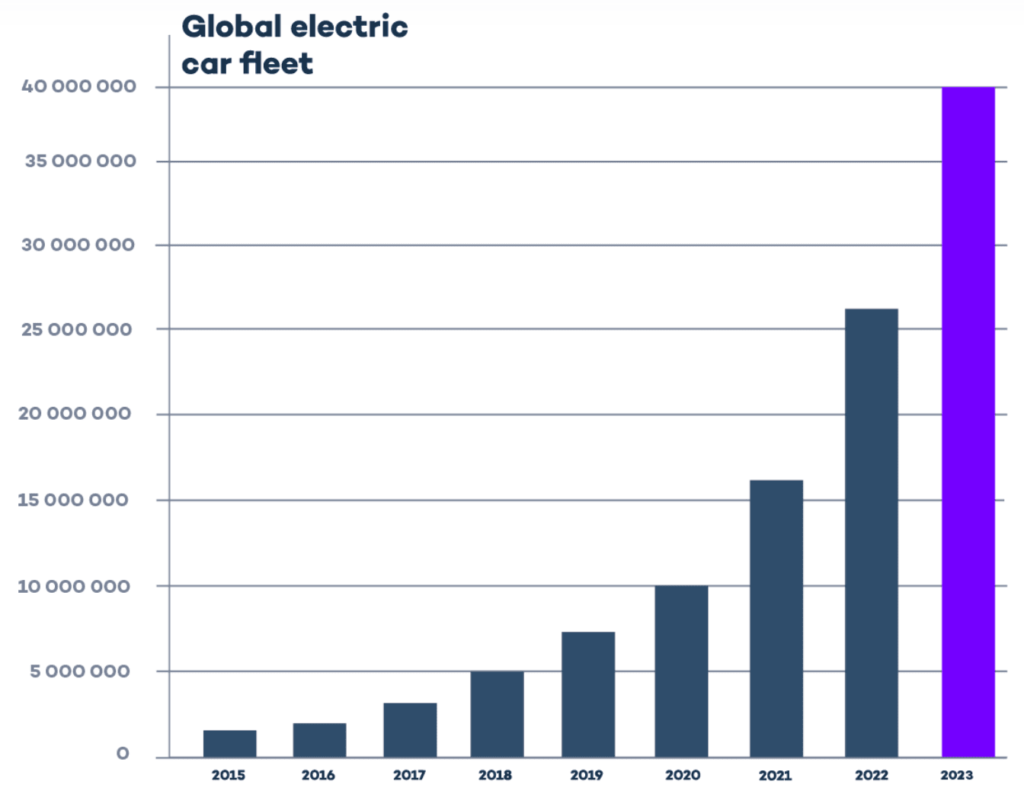
This momentum continued into 2022, with EV sales surpassing 10 million. This rapid growth has resulted in more than 26 million electric cars on the road worldwide by 2022, marking a 60% increase from the previous year, with regions such as Europe, China, and the United States leading the charge.
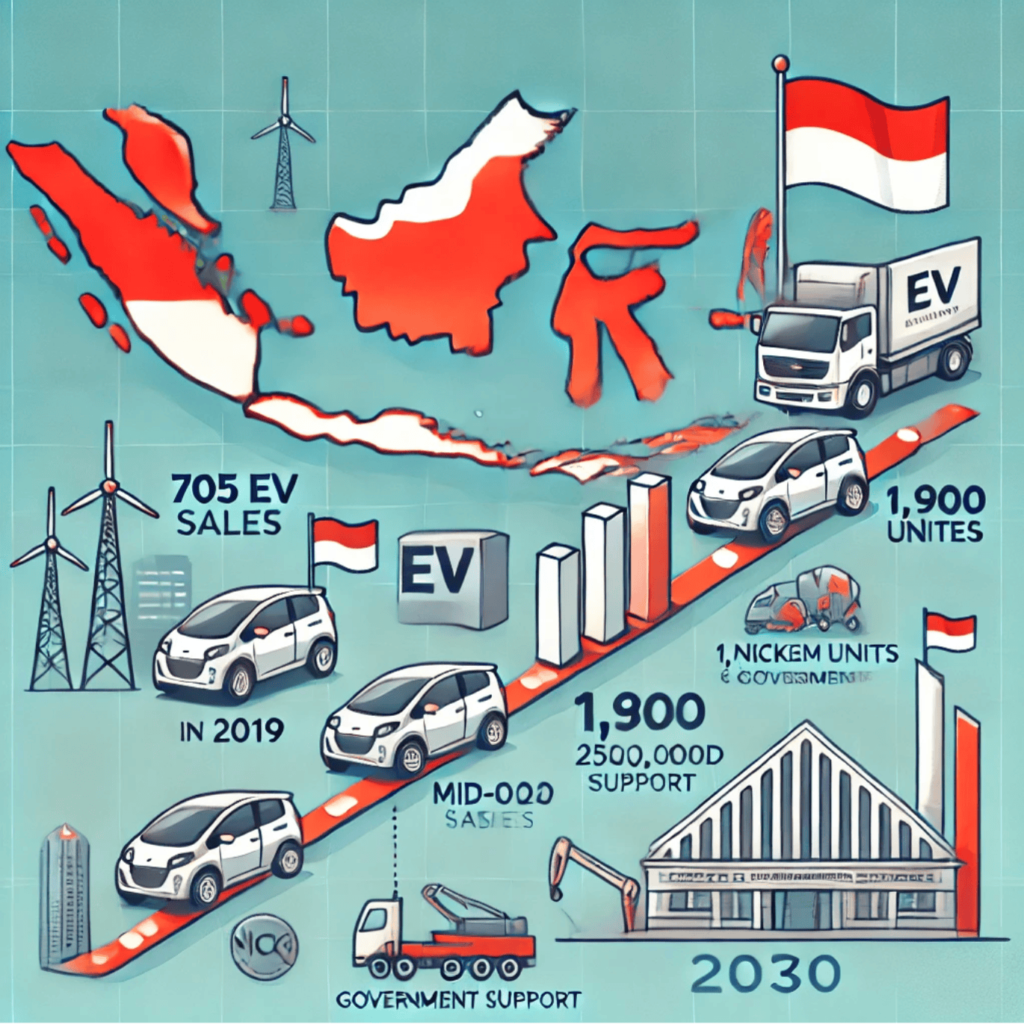
Meanwhile, in Indonesia, the adoption of electric vehicles continues to show significant potential. From just 705 EV sales in 2019, the market grew to 1,900 units by mid-2022. Looking ahead, EV sales in Indonesia are expected to reach 250,000 units by 2030, driven by the country’s abundant nickel resources and strong government support for emission reduction.
Technological Advancements in EVs
Technological innovation is at the heart of the EV market’s growth. Advances in battery technology have made EVs more affordable while extending their driving range. Additionally, smart charging infrastructure, which optimizes electricity usage, is becoming the norm, further enhancing the user experience.
Vehicle-to-Grid (V2G) technology represents the latest breakthrough, allowing EVs to return stored energy to the grid. This innovation not only stabilizes the energy system but also offers new financial opportunities for EV owners.
Read More: Why Location Matters in Industrial Estates Development: Key Benefits Explained
Government Policies and Incentives
Supportive Policies for EV Adoption
Governments worldwide are introducing incentives to accelerate the adoption of electric vehicles, including tax breaks and purchase subsidies. These measures, coupled with stricter emissions regulations, are driving the shift toward electric vehicles.
In Indonesia, new policies have been implemented to remove luxury and import taxes on electric vehicles and reduce VAT to 1%, aiming to boost domestic demand and attract foreign investment.
International Agreements and Goals
The Paris Agreement has catalyzed global efforts to reduce carbon emissions, with many countries setting ambitious EV adoption goals. This international treaty, signed by 196 countries, aims to limit global temperature rise to well below 2 degrees Celsius.
Each country sets its own emissions reduction targets, which are expected to become more ambitious over time. The transition to electric vehicles is a crucial component of these efforts, helping countries achieve net-zero emissions by mid-century.
Opportunities in the Electric Vehicle Market
Invest in EV Infrastructure
The growing demand for electric vehicles has created a strong need for an extensive charging network, particularly fast-charging stations. Investors have the opportunity to expand this network, integrate renewable energy, and develop innovative charging solutions for homes and workplaces. With significant government incentives and funding, such as the US$6 billion from the U.S. government, investment in EV infrastructure is poised for substantial growth.
EV Manufacturing and Supply Chain Development
The electric vehicle market offers significant opportunities in manufacturing and supply chain development, especially in the production of batteries, electric motors, and power electronics. As demand for these components increases, securing raw materials and investing in mining, recycling, and alternative materials becomes crucial. The global battery market is expected to reach 3,000 gigawatt-hours by 2030, driven by the shift towards digitization and software advancements in EVs.
New Business Models and Services
The rise of electric vehicles is giving rise to new business models, such as EV leasing and electric ride-hailing services. These models cater to evolving consumer preferences, offering flexibility and convenience. Additionally, digital platforms and data analytics are key to optimizing fleet management and enhancing service efficiency.
Challenges Facing the EV Market
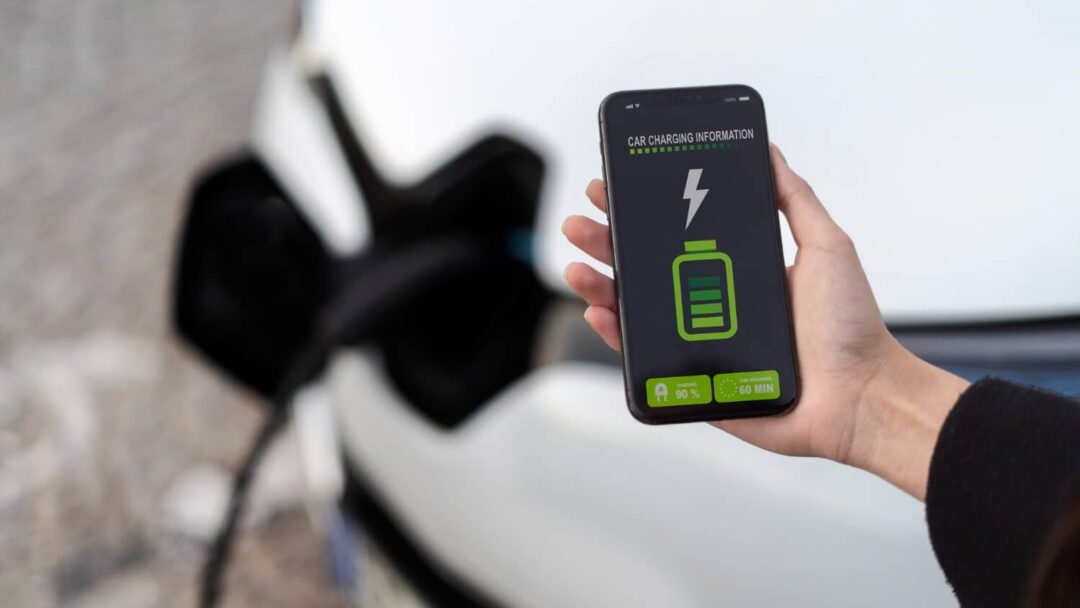
Battery Supply and Cost Issues
The electric vehicle market faces significant challenges related to the supply and cost of batteries, which rely on rare earth metals such as lithium and cobalt. These materials are expensive and prone to supply chain disruptions.
To address this, the industry is investing in alternative battery technologies, such as solid-state batteries, and expanding recycling programs to recover valuable materials. Additionally, manufacturers are moving production closer to raw material sources and developing technologies like BYD’s blade batteries to enhance battery efficiency and lifespan.
Infrastructure and Standardization
Developing a standardized charging infrastructure is critical for widespread EV adoption. Currently, differences in charging standards and a lack of cohesive infrastructure create barriers for consumers.
Governments are taking action to address these issues, such as the U.S. allocating $7.5 billion through the Infrastructure Investment and Jobs Act to expand and standardize EV charging networks. In Indonesia, similar efforts are underway, with regulations and a roadmap to support the growth of charging stations and reduce costs, making EV ownership more accessible.
Consumer Awareness and Adoption
Despite growing consumer interest in EVs, challenges such as range anxiety, higher upfront costs, and limited charging infrastructure have hindered the adoption of electric vehicles. To address these issues, efforts have focused on educating consumers about the benefits of EVs, including lower operating costs and reduced emissions.
Public awareness campaigns, incentives, and advancements in battery technology are gradually alleviating these concerns. As the range and availability of electric vehicles increase, consumer confidence and adoption are expected to rise.
Read More: What does Net Zero Emission Mean?
Driving the Future: Opportunities in the Electric Vehicle Market

The global electric vehicle market is set for continued growth, fueled by technological advancements, supportive policies, and rising consumer demand. However, to fully unlock the potential of the EV market, it is crucial to address key challenges such as battery supply, infrastructure development, and consumer awareness.
For investors eager to capitalize on the expanding EV sector, Subang Smartpolitan offers a strategically positioned and well-equipped industrial estate that caters to a variety of industries, including automotive and renewable energy.
With its advanced infrastructure, comprehensive services, and prime location, Subang Smartpolitan is an ideal destination for businesses looking to invest in the EV market. Explore investment opportunities at Subang Smartpolitan by visiting our website.

